Mangums's Corner, 1914, marked with "Store" to the right of the marking for Mt. Tabor Church.
Sam T. Mangum built his home and store at the crossroads of Hampton Road and Hall Road between 1900 and 1914. He located his store on the southeast corner and built his house on the northeast corner. The house was built as an impressive frame Victorian structure, not atypical for farmstead dwellings, but certainly more embellished with irregular roofline, wrap-around porch and other Queen Anne details than some of the period.
Mangum's Corner, 1920.
The early frame store on the southeast corner was evidently destroyed by fire in the 1920s or early 1930s; it was replaced with a brick structure, typical of city gas station/stores of the 1930s, with a protruding overhang supported by brick columns, but a bit fancier than most 'country' stores of this type during the period.
Behind the house are an impressive array of tobacco barns, a pack house, a stock barn, and a smokehouse, and along the road across from the store, two large storage barns.
1955 aerial, Mangum's Corner.
Sometime in the 1960s, Hall Road extending to the northeast was closed, and this became part of the Mangum farmstead - you can still see the line of the road on the present-day satellite map. Dunwoody Road, marked with a dotted line in the above 1920s map, became the primary road to the north past the store and Mangum home.
I don't know when Mangum's store went out of business; since 2003 the Mangum homestead has been home to Dave Artigues and his business, Elodie Farms. Dave is a regular at the Durham Farmers' Market with his goat cheese.
The former Mangum Store is under different ownership; the owners recently restored the signage (including the old Pepsi-Cola sign)
Sam T. Mangum store, 02.07.09
Sam Mangum house / Elodie Farms , 02.07.09
Smokehouse, 02.07.09
The old tobacco barns where Dave makes cheese now.
Elodie goats.
This seems as good a time as any to make the point that preservation of our existing building stock and wise redevelopment of our urban spaces - unused surface parking lots, old strip shopping centers, etc. - is about more than just preservation of our urban fabric, and creation of a walkable, human-scale in-town environment. It is just as much about preservation of open space, farmland, watersheds etc. There are, of course, direct methods for preserving farmland, forest, and the like, but the natural compliment to these efforts is the re-use of vacant houses and buildings and infill development on vacant land downtown.
Northern Durham county is a beautiful place, and I'd very much like to see it retain this character.
Find this spot on a Google Map.
36.193612,-78.828696
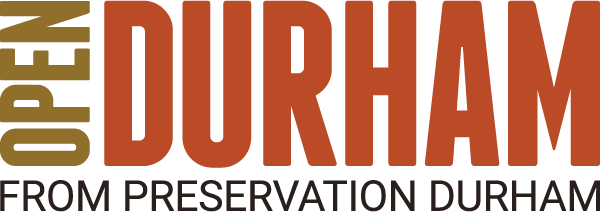
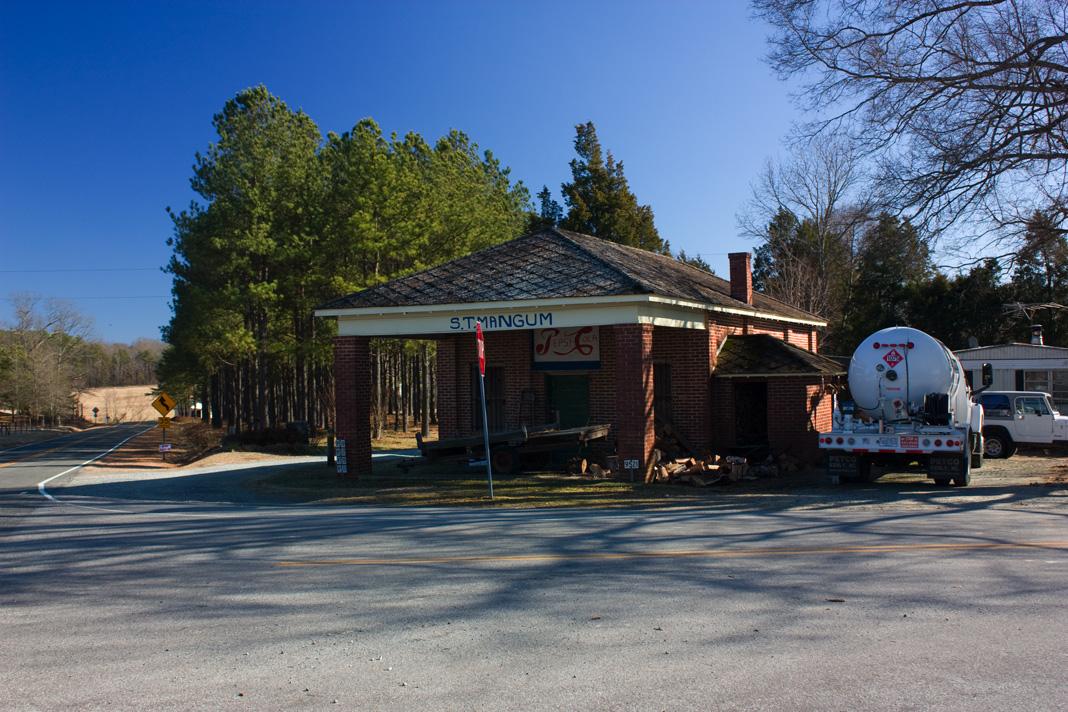
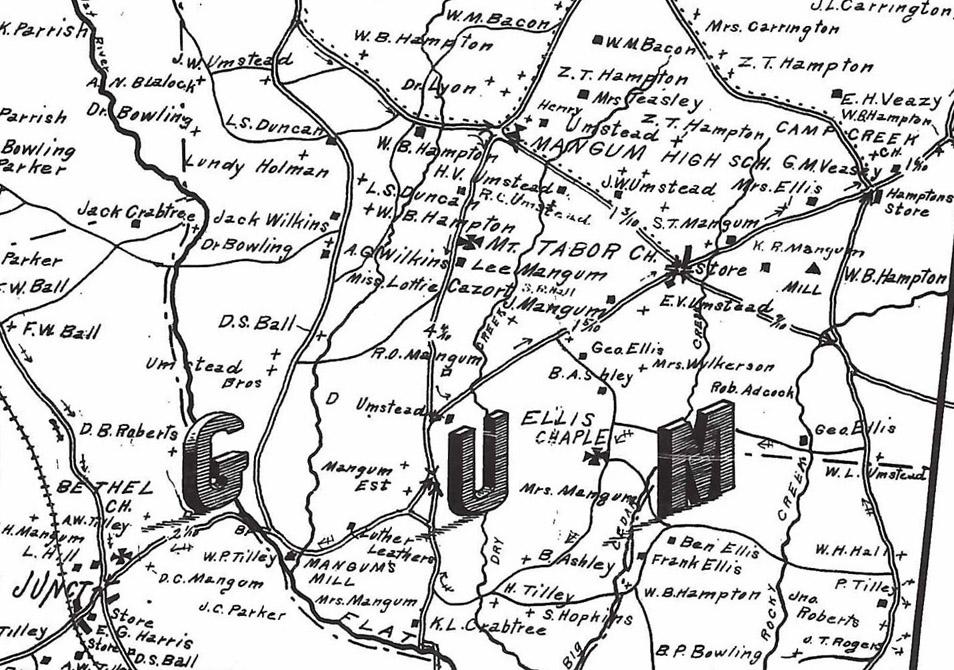
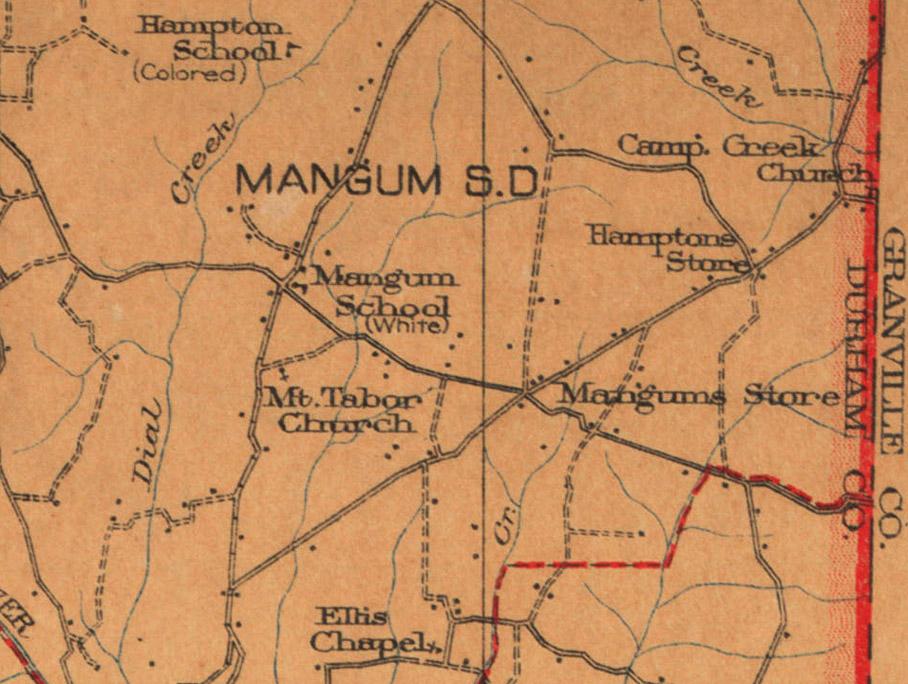
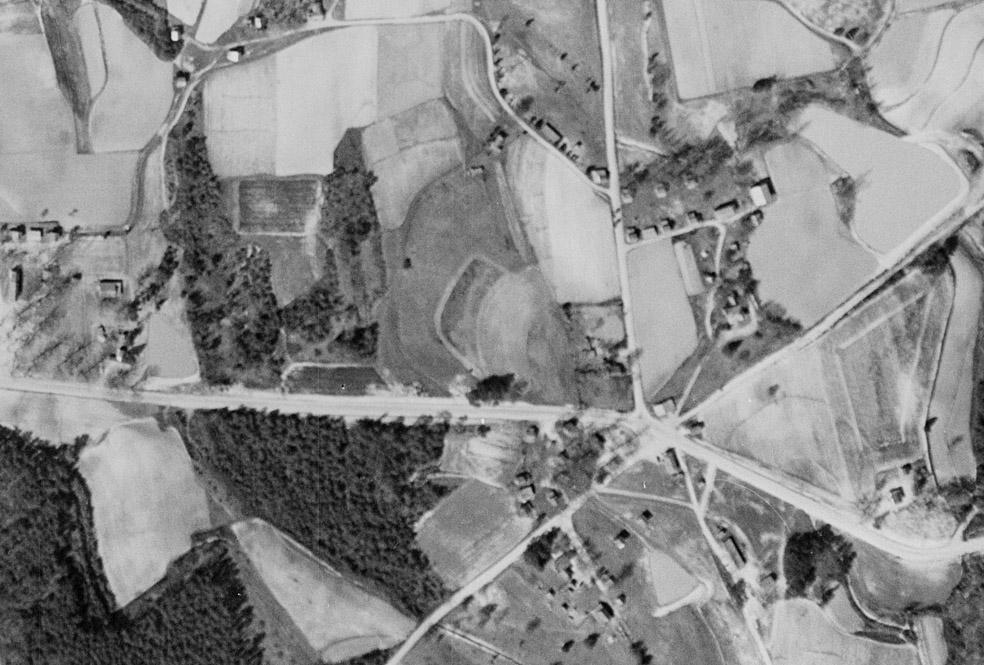
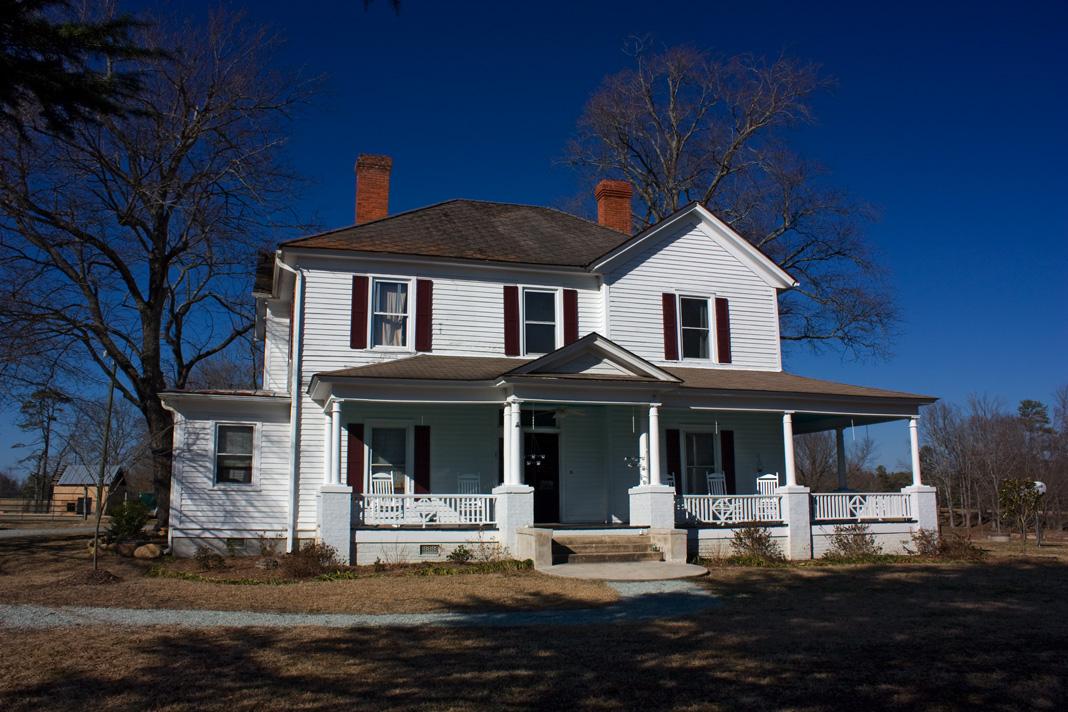
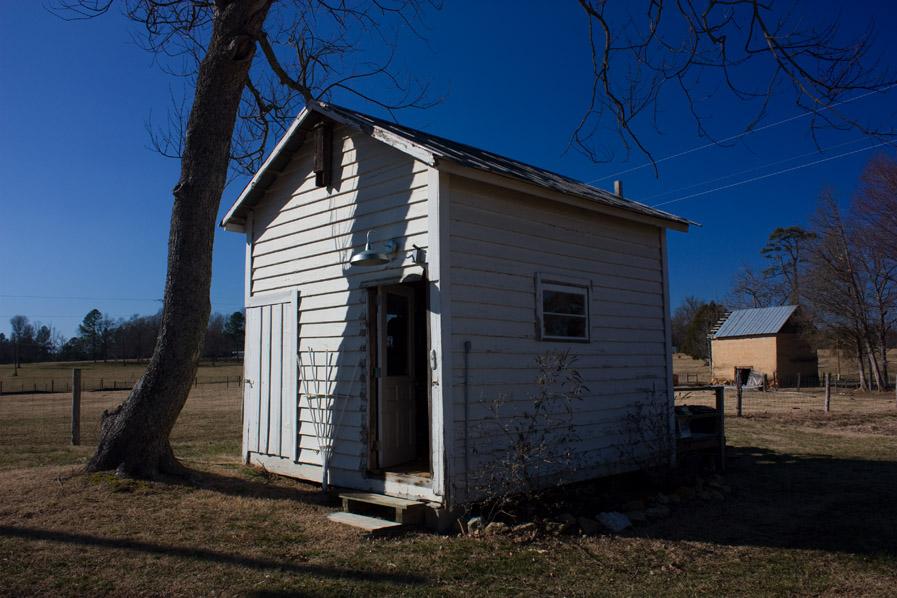
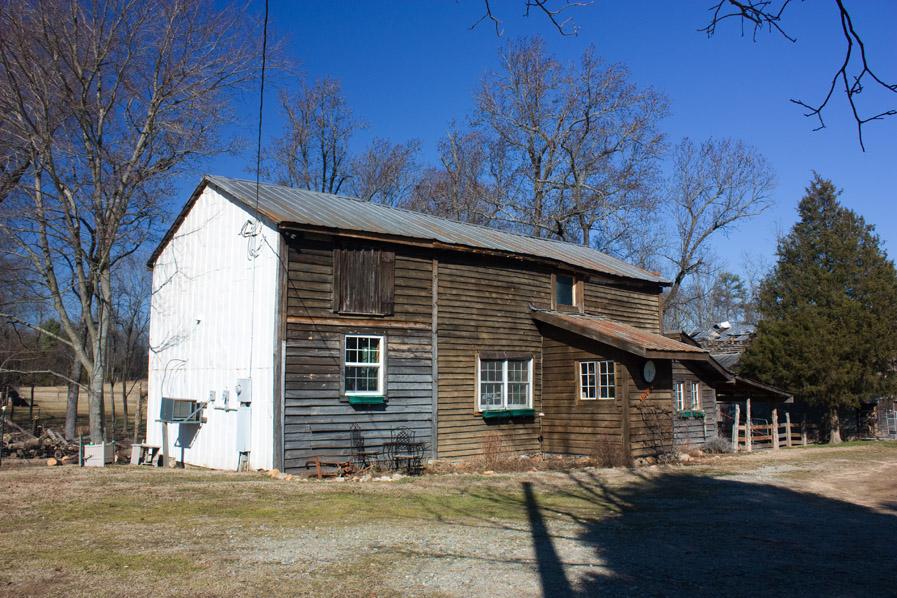
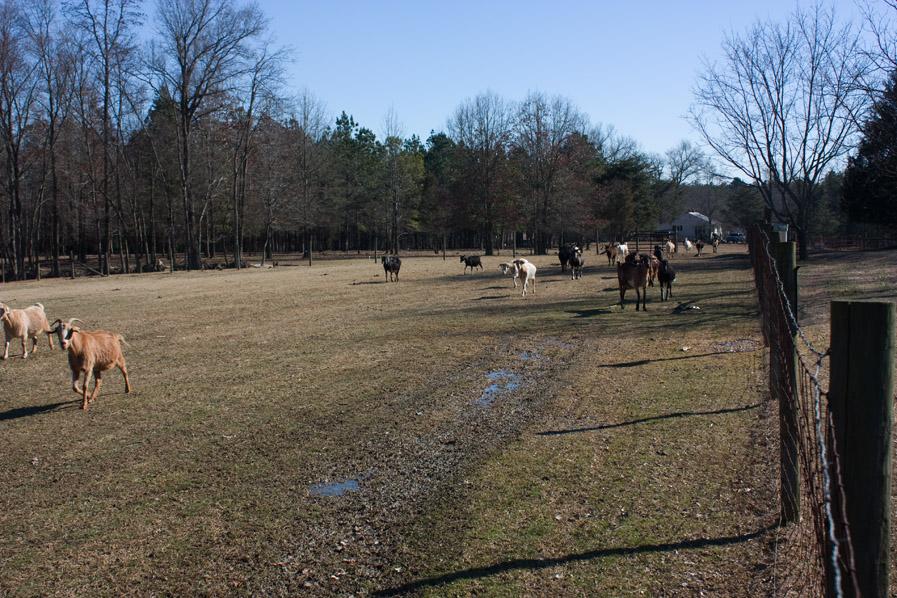
Add new comment
Log in or register to post comments.